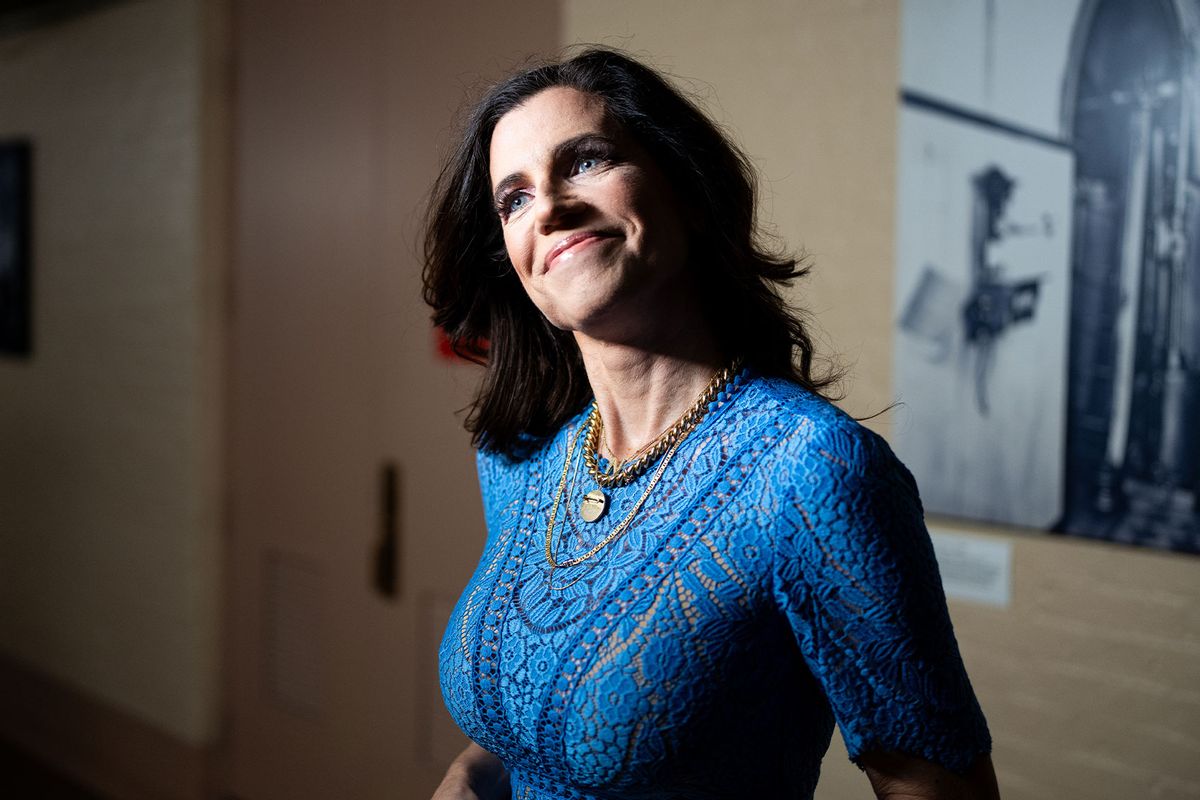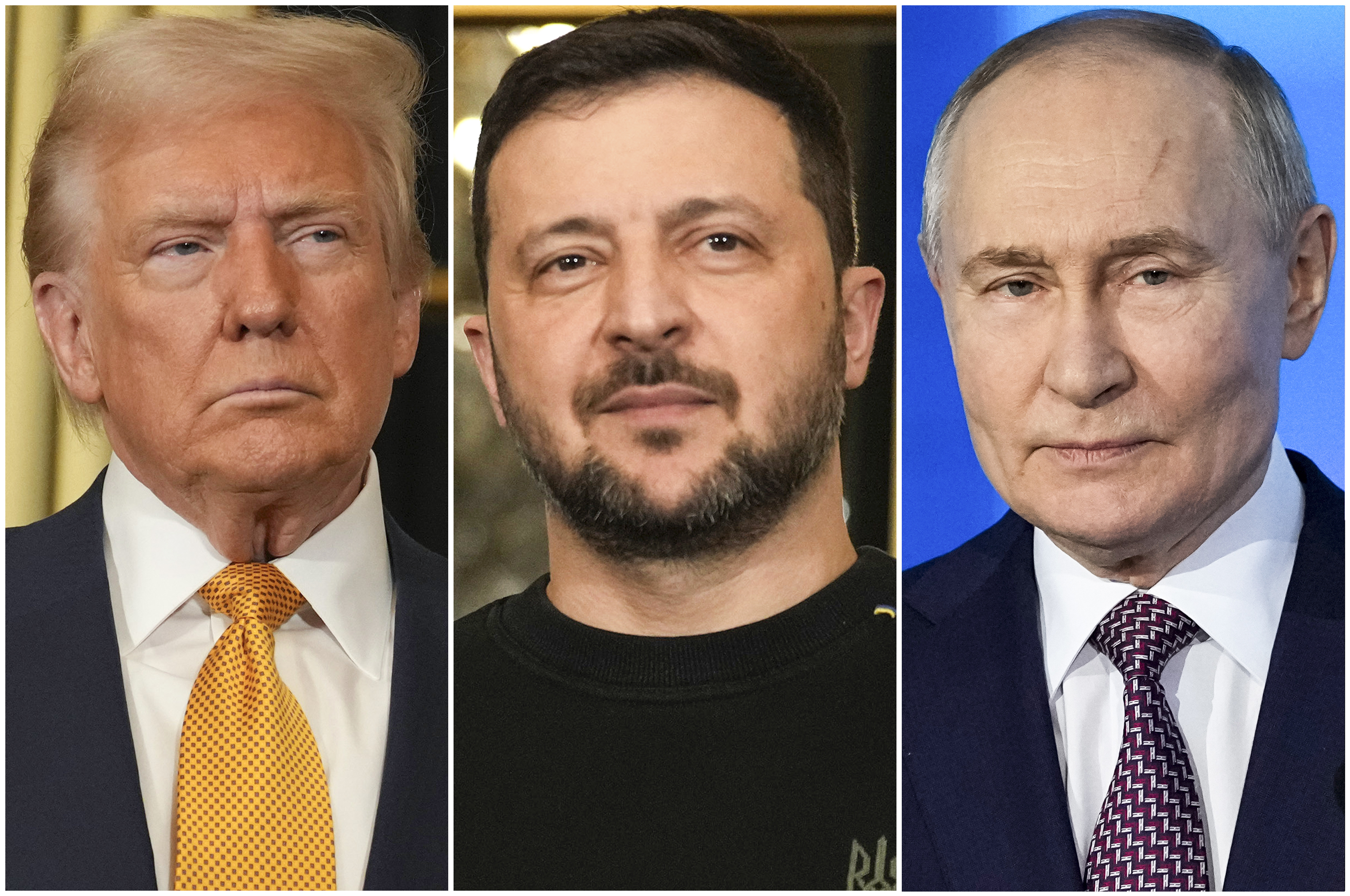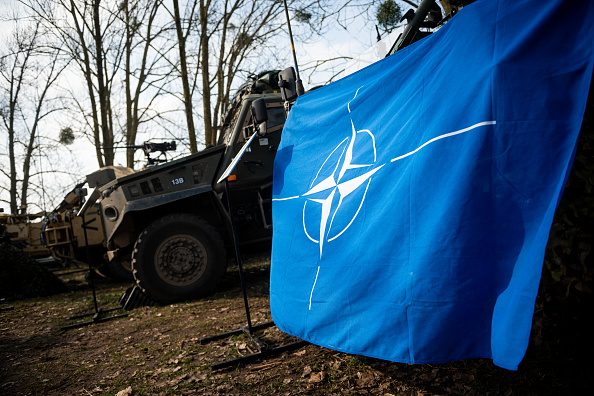SUBSCRIBER+ INTERVIEWS — As the North Atlantic Treaty Organization (NATO) marks its 75th anniversary, it is also marking what is arguably the most important moment in its history. At its 40-year mark, in 1989, the alliance had a seminal moment as the nations of the Soviet Bloc erupted in revolution, and then again two years later, when NATO’s sworn enemy, the Soviet Union, ceased to exist. But the end of the Cold War was the culmination of a decades-long struggle, won in the end without an actual war; today the alliance is facing more immediate and almost daily tests in the heart of Europe.
NATO surprised many observers, inside and outside the alliance, with its spirited and unified opposition to Russia’s February 2022 invasion of Ukraine. Now, in the war’s third year, profound questions have surfaced about Ukraine’s fate and the possibility that Vladimir Putin might not stop his aggression in Ukraine. That latter fear has prompted other questions for NATO: Would the armies and citizenry of the U.S. and Western Europe go to battle for the so-called frontline states of NATO today – Poland, Estonia, Lithuania and others?
“The Cipher Brief has become the most popular outlet for former intelligence officers; no media outlet is even a close second to The Cipher Brief in terms of the number of articles published by formers.” —Sept. 2018, Studies in Intelligence, Vol. 62
Access all of The Cipher Brief’s national security-focused expert insight by becoming a Cipher Brief Subscriber+ Member.
Subscriber+




















Discussion about this post